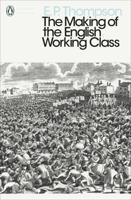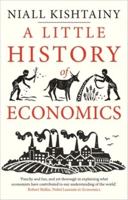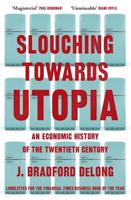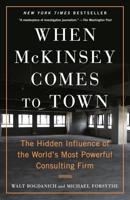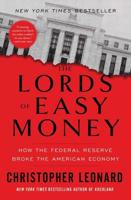Publisher's Synopsis
To what extent has the British economy declined compared to its competitors and what are the underlying reasons for this decline? Nicholas Crafts, one of the world's foremost economic historians, tackles these questions in a major new account of Britain's long-run economic performance. He argues that history matters in interpreting current economic performance, because the present is always conditioned by what went before. Bringing together ideas from economic growth theory and varieties of capitalism to endogenous growth and cliometrics, he reveals the microeconomic foundations of Britain's economic performance in terms of the impact of institutional arrangements and policy choices on productivity performance. The book traces Britain's path from the first Industrial Revolution and global economic primacy through to its subsequent long-term decline, the strengths and weaknesses of the Thatcherite response, and the improvement in relative economic performance that was sustained to the eve of the financial crisis.



